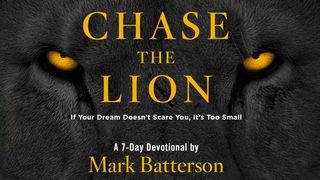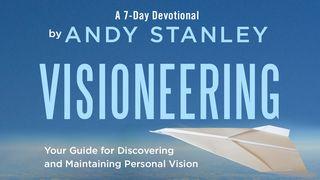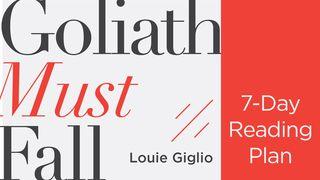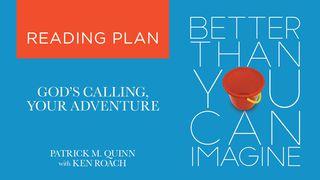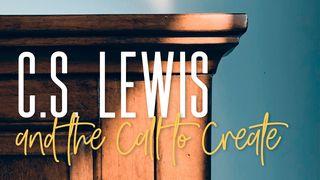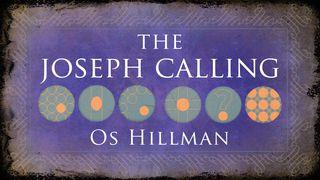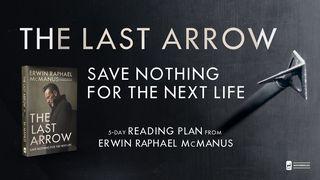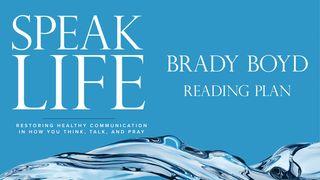Favor With KingsSample

Bad News
Bad news is the genesis of breakthroughs.
I’m sure there were some pleasantries exchanged when Nehemiah first greeted his brother and friends, but they didn’t last long. There was an elephant in the room.
Nehemiah was living like a king in the palace, and his friends and family just walked eight hundred miles… for a reason. They wore their exhaustion and hopelessness on their faces. And Nehemiah chose to dig in and not ignore the obvious.
Nehemiah: “How are things, really?”
Friends: “Well, it’s not good news.”
This is how it goes, doesn’t it? Your heart sinks, and you think, Why did I even ask?
No one likes bad news. No one enjoys tragedy and pain. We know it’s a part of life, but we’d all prefer to avoid it as much as possible.
And yet, there is this strange idea called compassion. It’s the essence of care and concern and being willing to help when possible.
Compassion is one of the purest expressions of humanity.
Compassion is Mother Teresa giving her life to serve the poor. It’s the family who goes to mind-boggling lengths to adopt the child who wouldn’t otherwise have a future. Compassion is the meal with the homeless person. Its pulling over and helping push the car off the road. Compassion is sitting in stillness and crying with the friend who’s suffered great loss, because words are inadequate.
Compassion is asking, identifying, and doing what you can.
Nehemiah has compassion for his people, and they see that, so they tell him the bad news. And it is bad news.
Not only has Jerusalem—a city once famous for its strength and God’s blessings—been reduced to ash and rubble, but no one has been able to do anything about it. The temple was rebuilt, but when the people attempted to rebuild the city and its walls, great opposition mounted, the Persian king intervened, and the project was stopped. The Jews found themselves stuck. Once optimistic, they had become frustrated. Once inspired, they had given up hope.
There’s a psychological principle we see in institutionalized inmates called “prisonization” that suggests that people who view themselves as prisoners (degenerates, victims, etc.) will continue to act in alignment with that perception even if their circumstances change. In this case, it’s likely that even though the Jewish captives were freed and returned home, they still viewed themselves as insignificant, hopeless, and unworthy or incapable of meaningful progress. In other words, they were still acting like powerless slaves.
That psychological battle persists as one of the great human struggles. We live in alignment with our beliefs. We act in accordance with how we see ourselves. And most of us have a small or negative view of ourselves.
Nehemiah listens to the description of broken-down walls and gates burned by fire, but he can see through the words to a deeper reality. He sees a people who lost their identity, lost their strength, and were barely clinging to some shred of hope—maybe Nehemiah can influence the king.
As Nehemiah looks at his friends, he sees past the surface of the issues. As he hears the report, he listens at a deep level.
Sure enough, it was bad news. But that bad news was about to change everything.
About this Plan

You long to live a life of significance. But what if you’ve been going about it completely wrong? Find the answers in the memoirs of Nehemiah. From Pastor Caleb Anderson's new book "Favor with Kings."
More
We would like to thank David C Cook for providing this plan. For more information, please visit: http://www.dccpromo.com/favor-with-kings/
